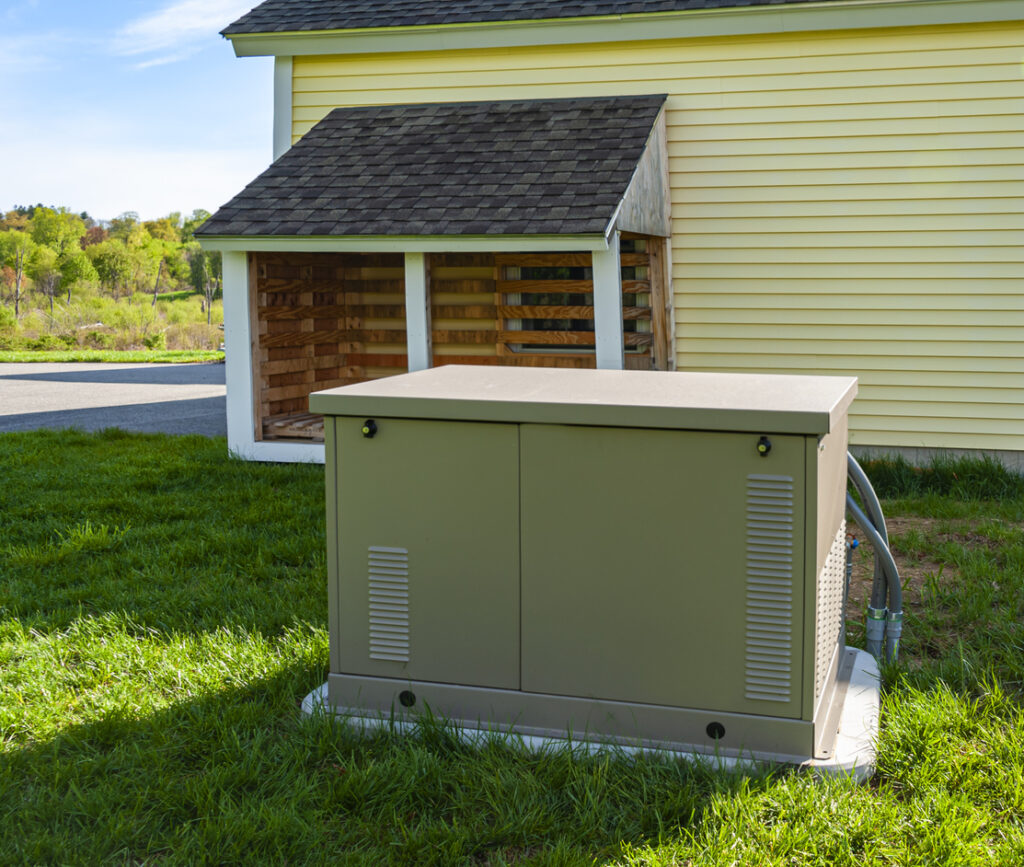If there was ever a time when people could absolutely rely on the power company no matter what happened, having confidence that the power would be on and available in sufficient quantity to meet the needs of everyone at all times, this is no longer the case. Power outages are becoming a fact of life. Forward-thinking individuals have recognized this and are making preparations to supply their own power needs, at least over short periods of time.
For most people, this means that they are considering the purchase of a backup generator to tide them over when the main power is not online. They often find out that purchasing a generator requires them to answer a number of questions they have never thought about before.
Selecting a Fuel Source
For starters, they need to think about what sort of fuel is needed to power their new generator. The options include tying into the home natural gas or propane supply, running it on diesel, or choosing a generator that runs on gasoline. Each method has its own set of advantages and drawbacks.
For most people, a portable gas generator is where they start. These generally cost less than the other options. The big drawback is that these are also the shortest-lived units and require the storage of volatile gasoline on the property. Diesel generators cost more but last longer. Whole-home generators that are tied into the regular propane or natural gas supply are the most expensive but also the most durable and usually provide more power than the other two options.
Size Is Everything
This brings us to the necessity of figuring out just how much power you need, want, or can afford. Small generators cost less and use less fuel, but they also provide a mere fraction of your normal household energy consumption. If you just want to keep the TV on, the phones charged, and the microwave running, this is often your best bet. If you are expecting something more than a temporary outage that will be over in a day or so, you need to think about larger systems that can keep your refrigerator and freezer running and provide at least limited heating, air conditioning, and laundry facilities. Finally, you can think about a whole home system that kicks on automatically and provides as much power as you are currently drawing off the grid. This pretty much means you won’t even know that the power is off for all your neighbors.
The best method of matching your needs for a new generator with an actual system is to consult with a reliable and experienced contractor in the San Angelo, TX area such as Legacy Electric. We can assist you in calculating your load requirements and guide you toward the safe installation and operation of any system you might select.

